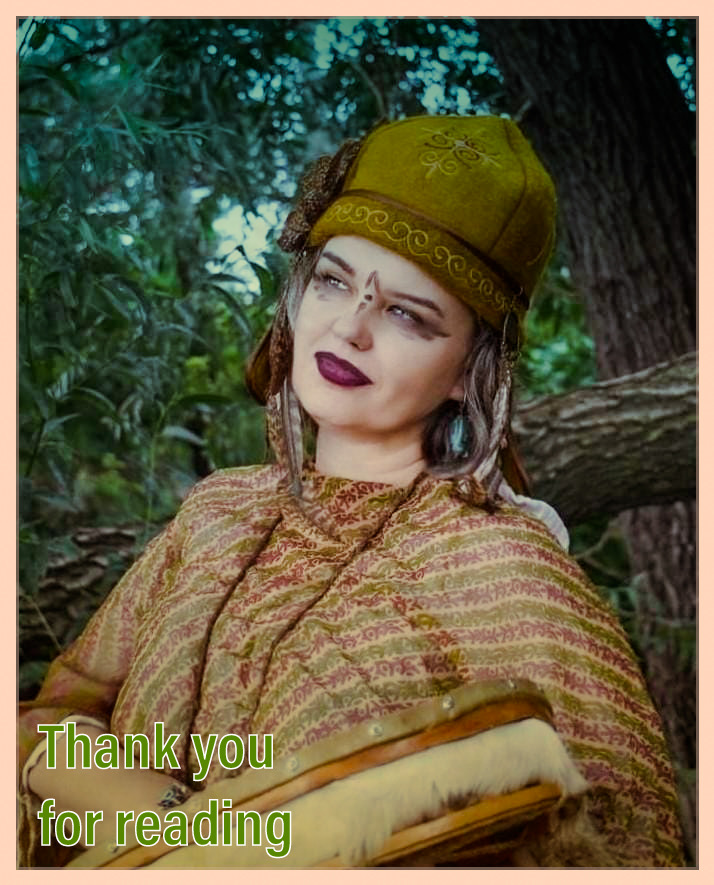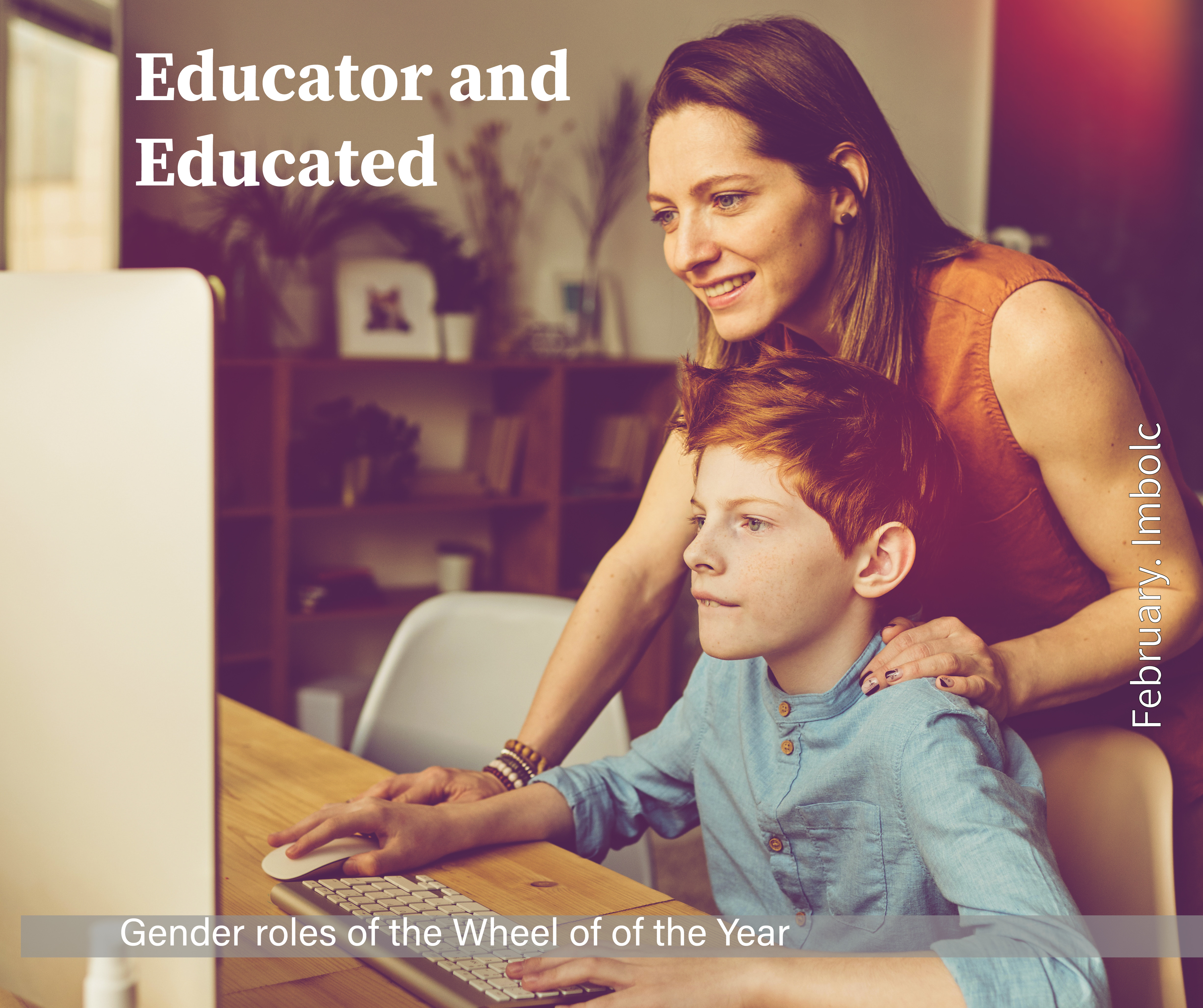
Hello my dear friends!
This month I am late with my post on the gender roles of the Wheel of the Year. Imbolc has passed a long time ago (February, 2)... But anyway, it's still more than a month before Ostra and Imbolc's energies continue to act, and this means that even with a delay it will not be in vain to talk about them.
But first of all, I want to remind you a little about what we are talking about. The Wheel of the Year is eight holidays that speak of special events in the life of the Sun God and the Earth Goddess.
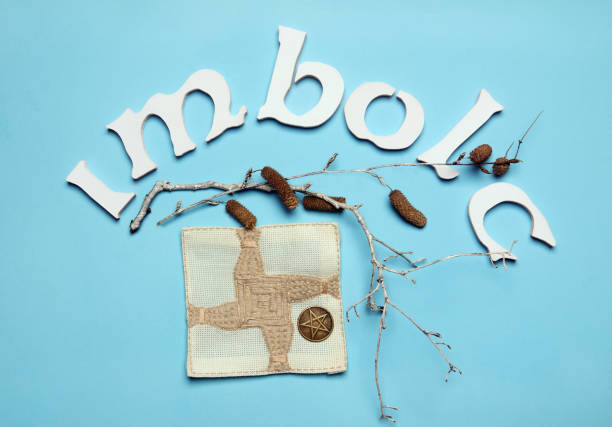
In a traditional society, significant natural seasonal changes are associated with these points, which influenced the life of our ancestors. This is on the one hand. On the other hand, it is a reflection of certain aspects of a person's personality. And here I want to draw your attention to the fact that the term "gender" should not be taken too literally. It's just that the very process of establishing the relationship between god and goddess makes it convenient to speak in these terms. But we are talking about the personality of a person as a whole, regardless of gender.
The Wheel of the Year is an annual cycle of seasonal festivals observed by many modern Pagans. It consists of eight distinct festivals, from the solstices and equinoxes, known as the 'quarter days', to the four midpoints between, known as the 'cross quarter days'. Traditions such as Wicca often celebrate all eight festivals.
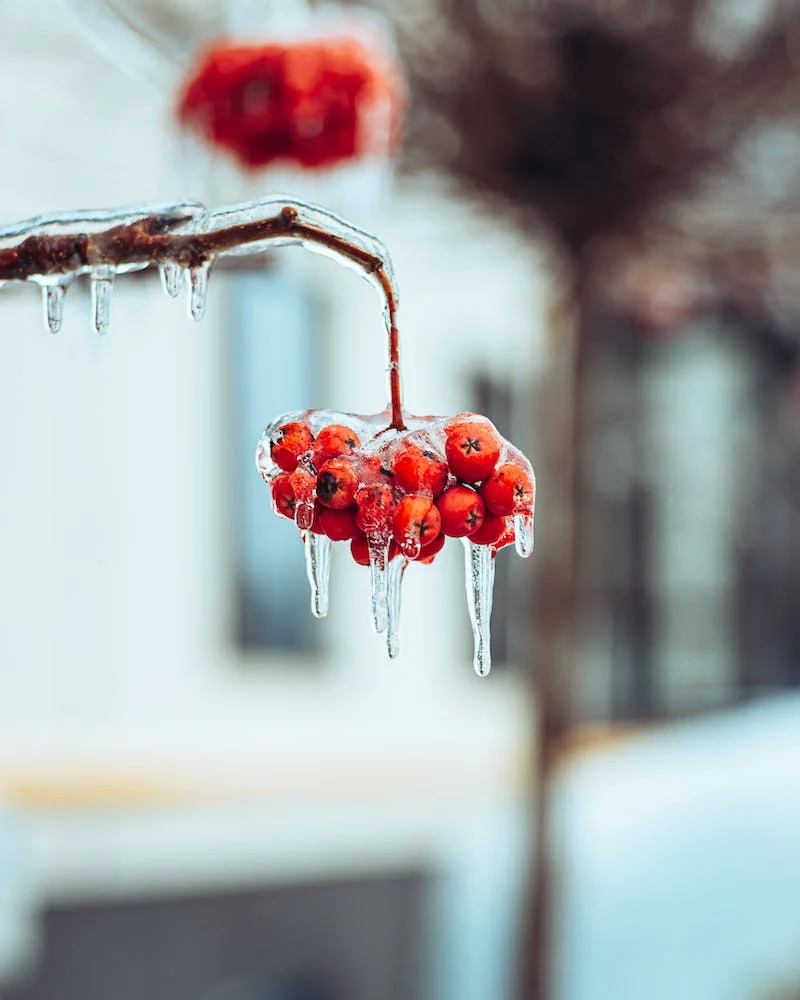
The eight festivals that make up the Wheel of the Year are Yule (December, 20-23), Imbolc (February, 2), Ostara (March, 19-22), Beltane (May, 1), Midsummer (June, 19-23), Lughnasadh (August, 1), Mabon (September, 21-24), and Samhain (November, 1). Celebrating these festivals allows adherents to synchronize their spiritual practices with the natural rhythms and cycles of the earth's seasons.
Research conducted by gender studies and social philosopher Larisa Kuznetsova-Fetisova suggests that there are eight distinct traditional roles associated with each holiday of the Wheel of the Year - female and male. These roles are integral to normal interaction within traditional societies and failure to adequately choose the right role for a given situation can lead to less than satisfactory outcomes. It's important to note that these roles should not be confused with archetypes, since they are quite distinct from one another. For example, the role of 'Mistress' differs from the archetype of the same name. The names of these roles should not be a source of confusion.
Examining the roles throughout the year can help to create a balance. Failing to develop some roles fully can, however, prevent other roles from being fulfilled to their utmost potential. To illustrate this concept, think of a wheel with eight spokes. If one of these spokes is weak or missing, it can cause the wheel to shake and wobble. If many of the spokes are broken or missing, the wheel will not function properly, making for an uncomfortable journey.
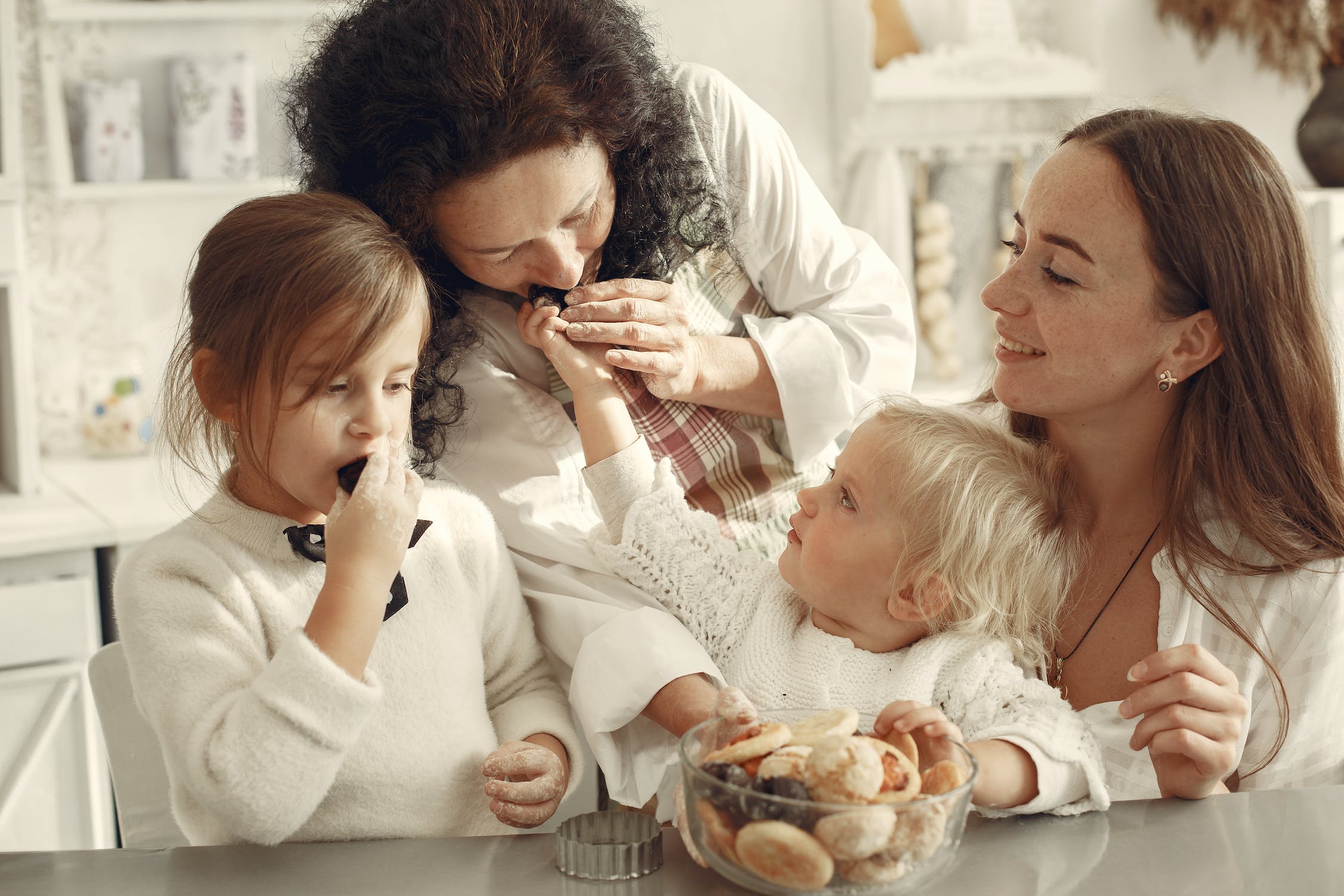
Women's roles for the year include: Mother at Yule (December 20-23); Educator at Imbolc (February 2); Girlfriend at Ostara (March 19-22); Mistress at Beltane (May 1); Wife at Midsummer (June 19-23); Landlady at Lughnasadh (August 1); Wise Woman (Old Woman) at Mabon (September 21-24); and Woman Survived a Loss (Widow) at Samhain (November 1).
Throughout the year, it is important for men also to fulfill a variety of roles in order to maintain harmony and balance.
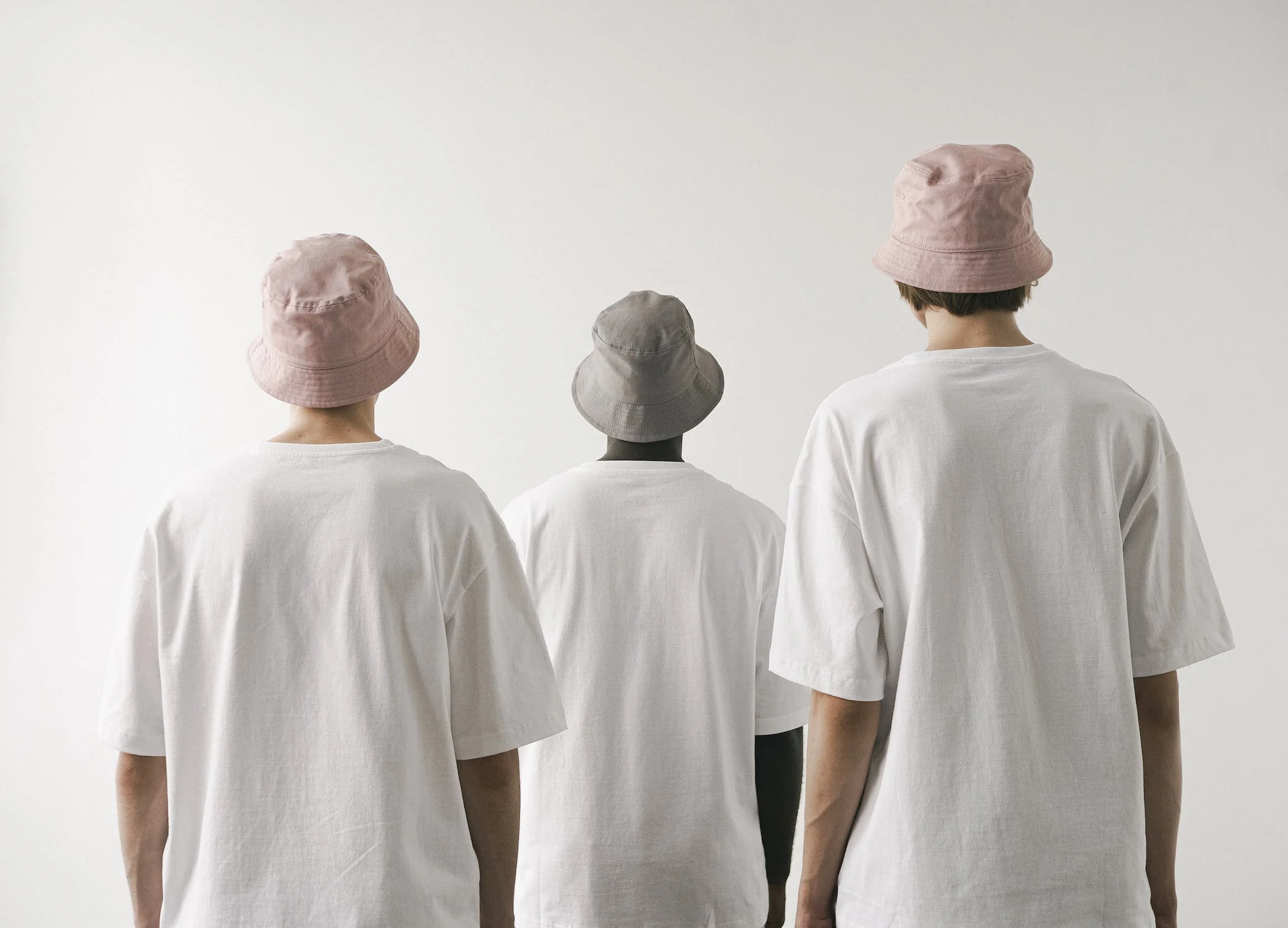
During Yule (December 20-23), men are expected to take on the role of a new-born and during Imbolc (February 2), they need to be educated. During Ostara (March 19-22), men should act as a boyfriend, while Beltane (May 1) calls for them to be a lover. Midsummer (June 19-23) requires men to take on the duties of a husband, while Lughnasadh (August 1) requires them to be a landlord. For Mabon (September 21-24), men should be wise, and on Samhain (November 1) they should be prepared to leave a woman if necessary. Each role must be taken seriously and performed carefully in order to ensure a successful year.
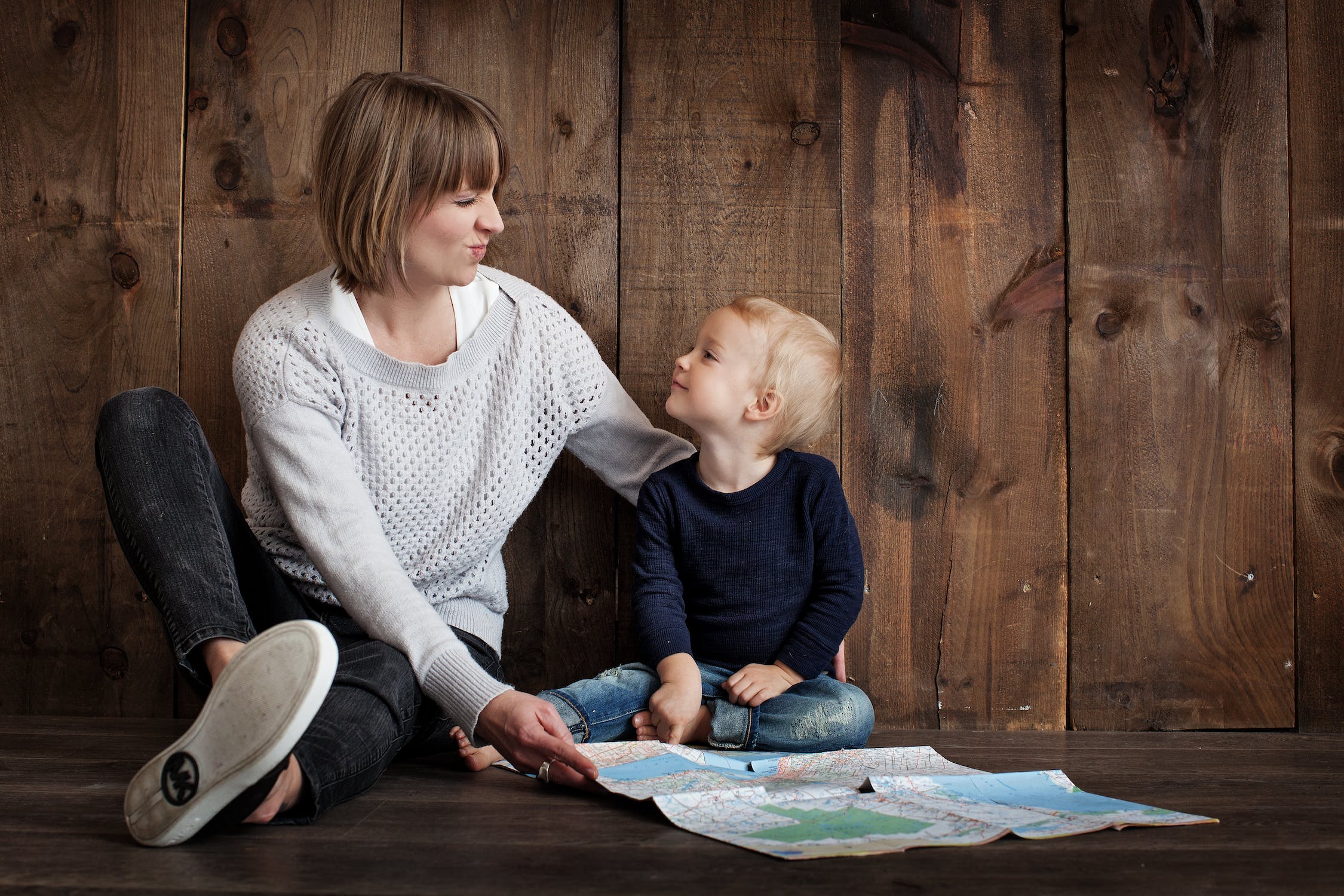
Imbolc includes the gender roles of Educator and Educated. They are a logical continuation of the roles of the Woman in Childbirth(Mother) and the Newborn, which we talked about when we considered the energies of Yule.
And if we characterized the role of the Mother as the most archaic, showing the entire triumph of the Matriarchy, then the role of the Educator is the role of an ideal woman from the point of view of an already patriarchal society.
Unlike Mother who creates her own world herself, Educator acts as a faithful companion of her man.
This woman is ideal from the point of view of a patriarchal society, where it is not the mother who gave birth, but the one who raised.
Educator does not even have to give birth to children herself. Yes, she is a mother, but very often she may not be the biological mother of this particular child, she may not be a mother at all.
Moreover, if we look at the role of Educator more broadly, then the object of her attention may not necessarily be a child, but also a husband, any other person, and even an animal. Its main role is not so much to give life as to protect life.

She protects, raises, educates, nurtures. It makes the weak strong, the stupid - smart, the ill-mannered - well-mannered, the sick - healthy, and so on.
More generally, she improves the characteristics of an object. If Mother gives birth to something that was not there before, then Educator changes the world around her.

She is very intuitive and feels the needs of the world around her. Indeed, a baby, an old man, an animal cannot always signal their problems and needs. Educator sees this herself, without asking, she joins in situations, helps, corrects.
She is a very efficient woman who knows all the corners of her house and garden, her dog's bowl always has fresh water, and the birds in the garden will always find grains in the feeder.
Her house is perfect, her husband and children are well-groomed and surrounded by care and attention.
But like any role, this role must be balanced. Otherwise, we have Bree Van de Kamp from Desperate Housewives.
Moreover, this is only one of the manifestations of the hypertrophied role of Educator. This can also manifest itself in painful dependence on some person (man, child, parent), when a woman completely abandons her life and her interests, completely devoting herself to some kind of service to another. Often it is difficult for her in this, she suffers, but still continues to do what she does. But this is not yet a real disaster. The real disaster occurs when this connection is broken: the man leaves, the child grows up and begins to live his own life, the old man dies.
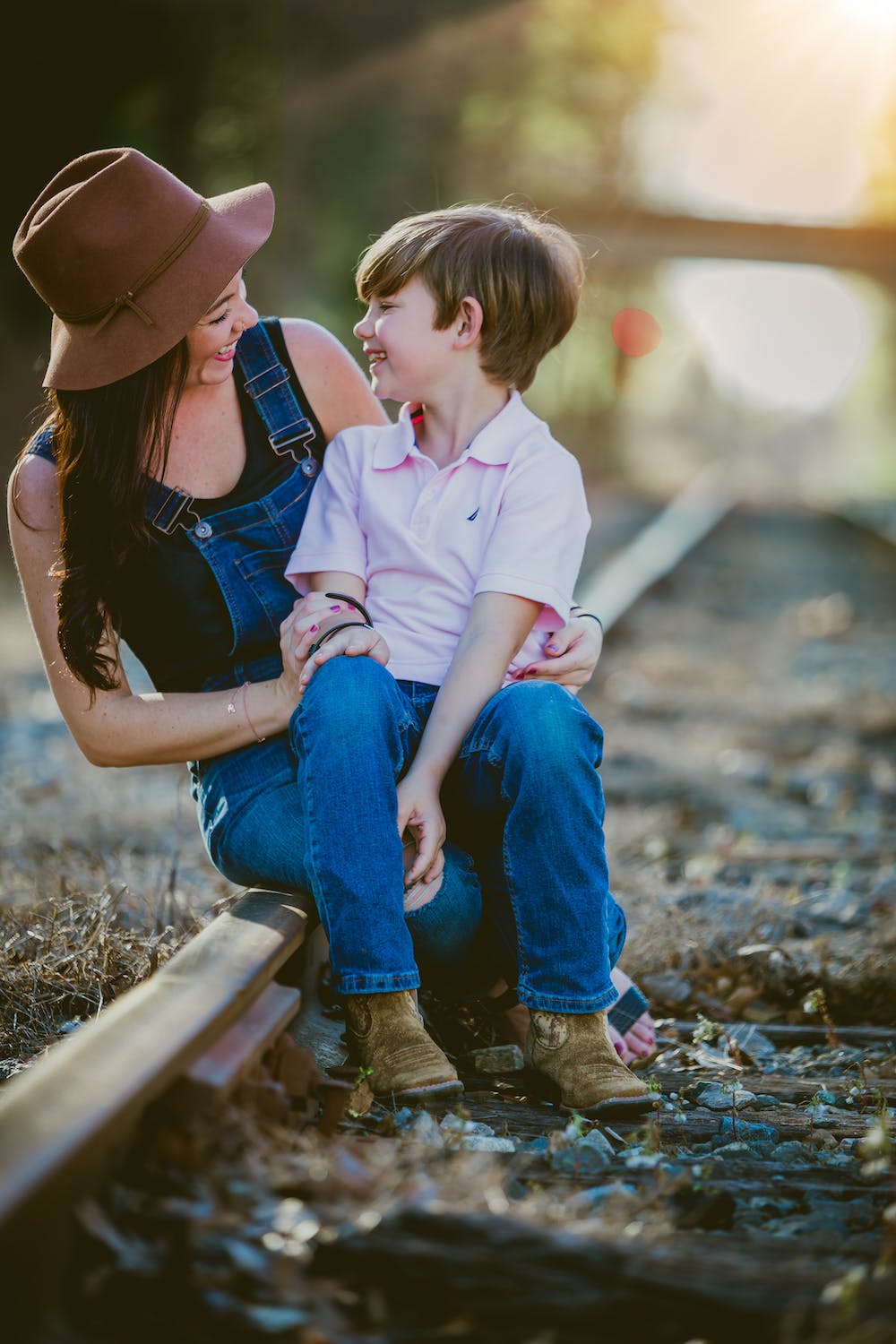
The male role of Yule is the role of the Educated. The Educated is a man who does not know something. Here is the principle of inaction. He understands that he cannot know everything, cannot have all the information. It's about letting go of control, which is definitely helpful because the God complex hasn't made anyone's life better yet. But there also needs to be a balance. If the role of the educated person is exaggerated, then such a man does not control anything at all. Perhaps this option is suitable in situations where the second of the partners is very dominant, but for a normal partnership this is a very bad behavior.
